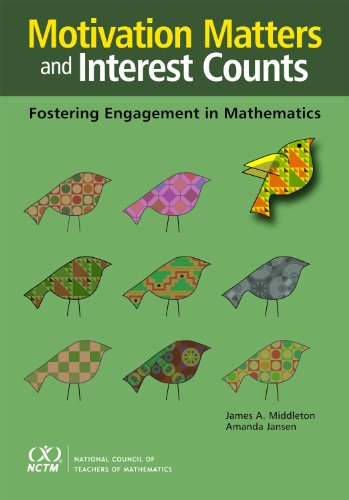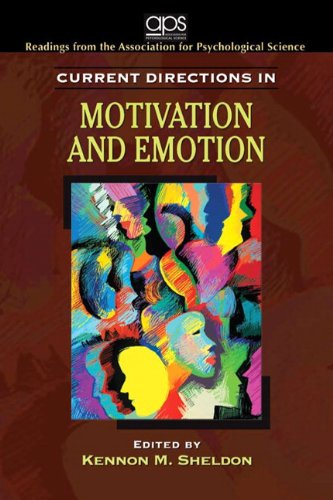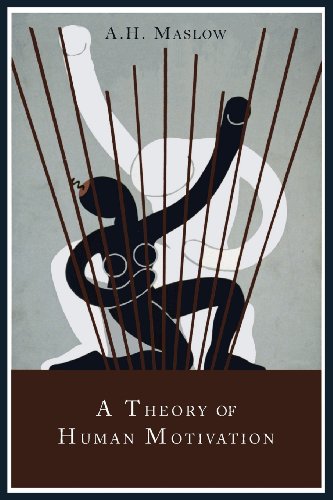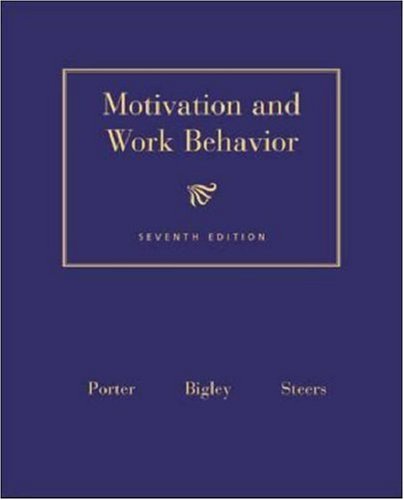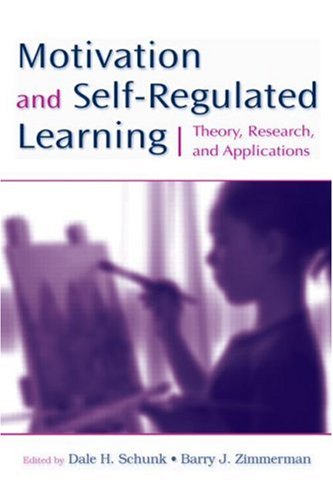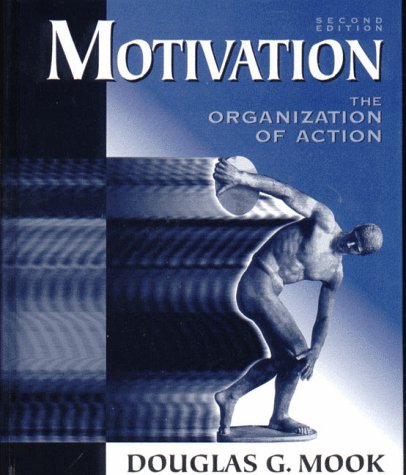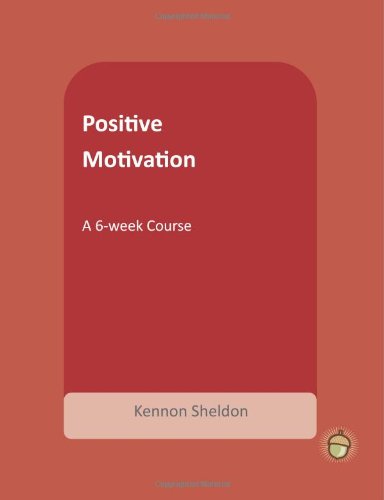
Understanding student and teacher motivation and developing strategies to foster motivation for students at all levels of performance are essential to effective teaching. This text is designed to help prospective and practicing teachers achieve these goals. Its premise is that current research and theory about motivation offer hope and possibilities for educators —teachers, parents, coaches, and administrators—to enhance motivation for achievement. The orientation draws primarily on social-cognitive perspectives that have generated much research relevant to classroom practice.
Ideal for any course that is dedicated to, or includes coverage of, motivation and achievement, the text focuses on two key roles teachers play in supporting and cultivating motivation in the classroom: establishing the classroom structure and instruction that provides the environment for optimal motivation, engagement, and learning; and helping students develop the tools that will enable them to be self-regulated learners and develop their potential.
Pedagogical features aid the understanding of concepts and the application to practice:
Strategy boxes present guidelines and strategies for using the various concepts.
Exhibit boxes include forms for different purposes (for example, goal setting), examples of teacher beliefs and practices, and samples of student work.
Reflection boxes stimulate readers’ thinking about motivational issues inherent in the topics, their experiences, and their beliefs.
A motivational toolbox at the end of each chapter helps readers identify important points to think about, lingering questions, strategies to use now, and strategies to develop in the future.
NEW IN THE THIRD EDITION
Updated research and new topics are added throughout as warranted by current inquiry in the field.
Chapters are reorganized to provide more coherence and to account for new findings.
New and updated material is included on issues of educational reform, standards for achievement, and high-stakes testing, and on achievement goal theory, especially regarding performance goals and the distinction between performance-approach and performance-avoidance goals as relevant to classroom practice.
